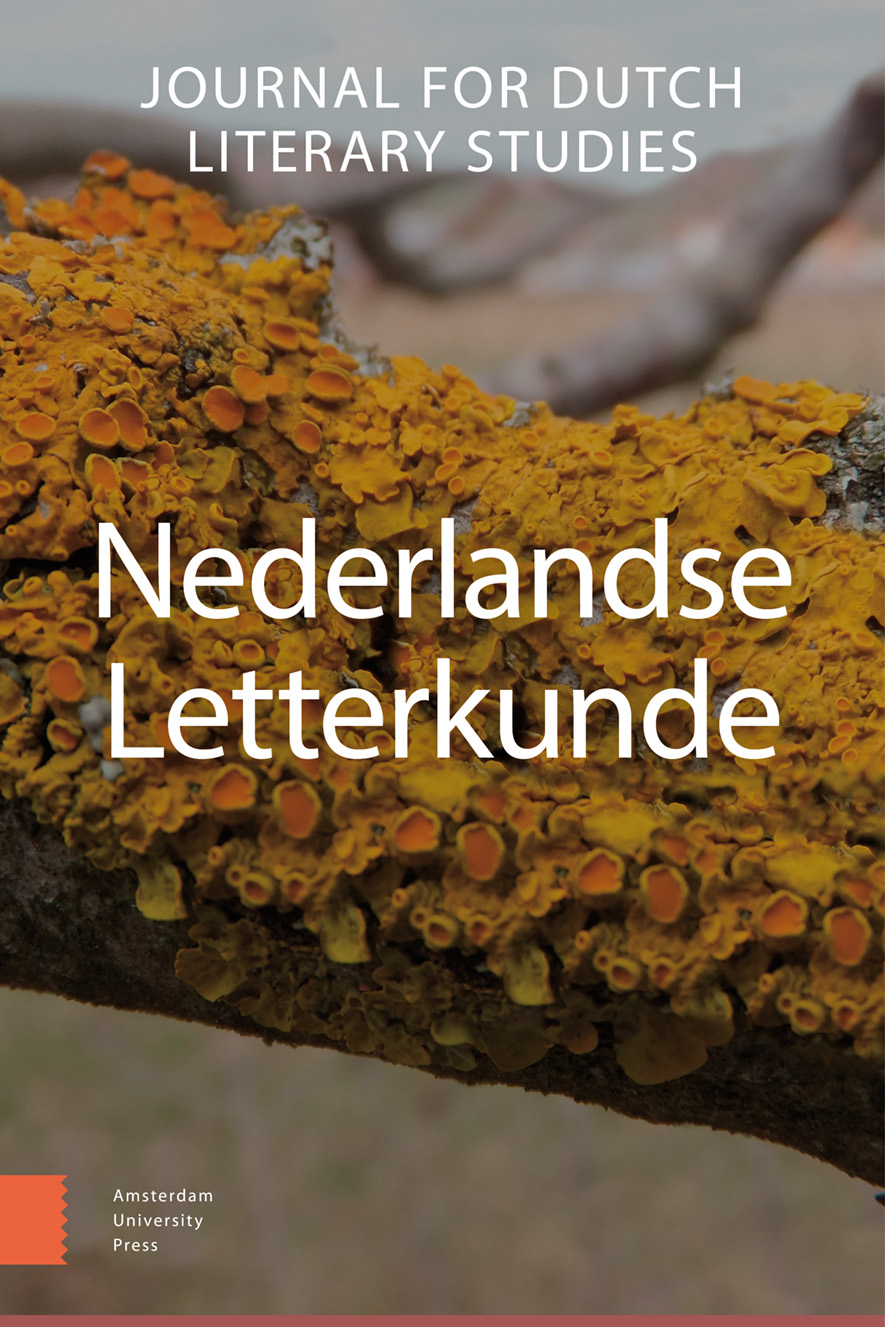-
oa ‘De Vorst is om ’t gemeen; ’t gemeen niet om de Vorst.’*
Gouvernementale bespiegelingen in drie Nederlandse wraaktragedies (1638- 1645)
- Amsterdam University Press
- Source: Nederlandse Letterkunde, Volume 24, Issue 1, Mar 2019, p. 65 - 89
-
- 01 Mar 2019
Abstract
‘The Monarch is there for the common; the common not for the Monarch.’ Governmental reflections in three Dutch revenge tragedies (1638-1645)
Although early modern Dutch revenge tragedies have for a long time been studied in the light of the idea that passions need to be restrained, there is an inseparable political dimension connected to such plays. In the three revenge tragedies discussed in this contribution (1638-1645), the royal sovereignty of the political rulers degenerates into tyranny. The sovereign paradigm, however, rouses dismay among several dramatis personae. Frequently, we hear critical and dissenting voices, which explicitly oppose the conception of sovereignty as it is advocated by the potentates. In this article, I consider the question whether in the criticism of the old, sovereign conception of power (souveraineté) an apology for a new, alternative policy is articulated, which Foucault termed gouvernementalité. Moreover, I argue that the revenge plays participate in the discursive context of Frederick Henry’s potential expansion of power in the period around 1640.


